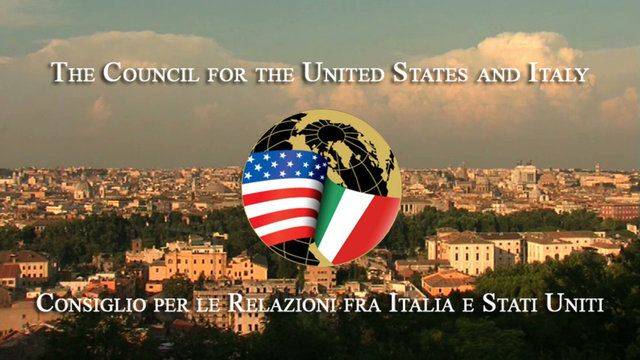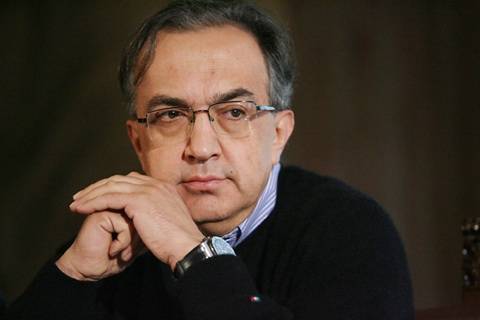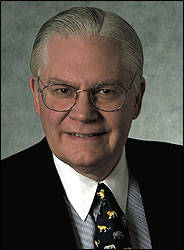In Venice, Council for the U.S and Italy convenes
VENICE - Some weeks ago the Economist summed up the European economic situation, including Italy's, as, "Fifty Shades of Gray without the Sex." So now what? This fundamental issue was the leitmotif of the annual two-day meeting of the 30-year-old Council for the United States and Italy, chaired by Council president and Fiat chief Sergio Marchionne, Italian chairman; US chairman is David W. Heleniak, Senior Advisor at Morgan Stanley. Not surprisingly, the most eagerly awaited speaker was economist Fabrizio Saccomani, 70, Minister for the Economy and Finance with broad international experience beginning with his graduate school years at Princeton University following his degree at the Bocconi University in Milan. As Marchionne put it, "Just how is Italy to get its economy back on track? This is the challenge."
"In 2011 the financial community was worried that the European Union was breaking up. There were fears that Italy had gone beyond the point of no return, and that if Italy failed, so would Europe. But I objected: this assumed we would not react to correct the policy mistakes made in Europe including in communication." Within weeks the European financial market virtually froze, however. The two key mistakes: "the idea that countries could exit from the Euro, suggesting the Euro was no longer backed as currency by the Central Bank and hence a revolving door currency" and the contagious idea that holding the sovereign Euro would bring losses.
On the plus side, said Saccomani, progress is being made on banking supervision: "We must give reassurances that the European banking system is transparent and not under-capitalized. Though individual banks may have problems, we are ready to operate within correct parameters." However, revival of growth does not suffice, and the German model won't work if the export market shrinks. On this the EU reaction to date has been "rather weak" and greater action to revive growth should be made. Infrastructures for the entire European market is one goal, such as for fuel, which could be financed jointly within the private market as well as European financial tools, which could be monitored by the EU itself.
Italy's role has improved since 2009, when we had little room to maneuver because of excessive public debt. Some of the accumulated public debt has been repaid, and we must reduce taxes on labor and entrepreneurial activities. "Now I think we must work on liberalization, as the government plans, and to reduce the complexity of the bureaucracy." Italy has "too many" small enterprises which have fallen behind and become unable to compete now that bank loans are more difficult. "We are not asking special treatment for Italy but are seeking with other EU countries a way to foster job creation for youth." Not least, US and Italian economic links should be encouraged and revived, with less protectionism via regulatory actions (including within Europe).
"We have had a long period of political stalemate, which has created a situation of psychological paralysis affecting consumers, banks and business, but I think this is past and we can look to the future with optimism."
From 2006 through 2012 Saccomani was director of the Bank of Italy. The Council was created in 1083 by the late Fiat chief Giovanni Agnelli and David Rockefeller, to foster closer collaboration "aimed at restructuring international relations," to quote Agnelli. Keynote speaker at this workshop was David Thorne, U.S. ambassador to Italy, shortly to depart to work in Washington, DC, with Secretary of State John Kerry.




































i-Italy
Facebook
Google+
This work may not be reproduced, in whole or in part, without prior written permission.
Questo lavoro non può essere riprodotto, in tutto o in parte, senza permesso scritto.